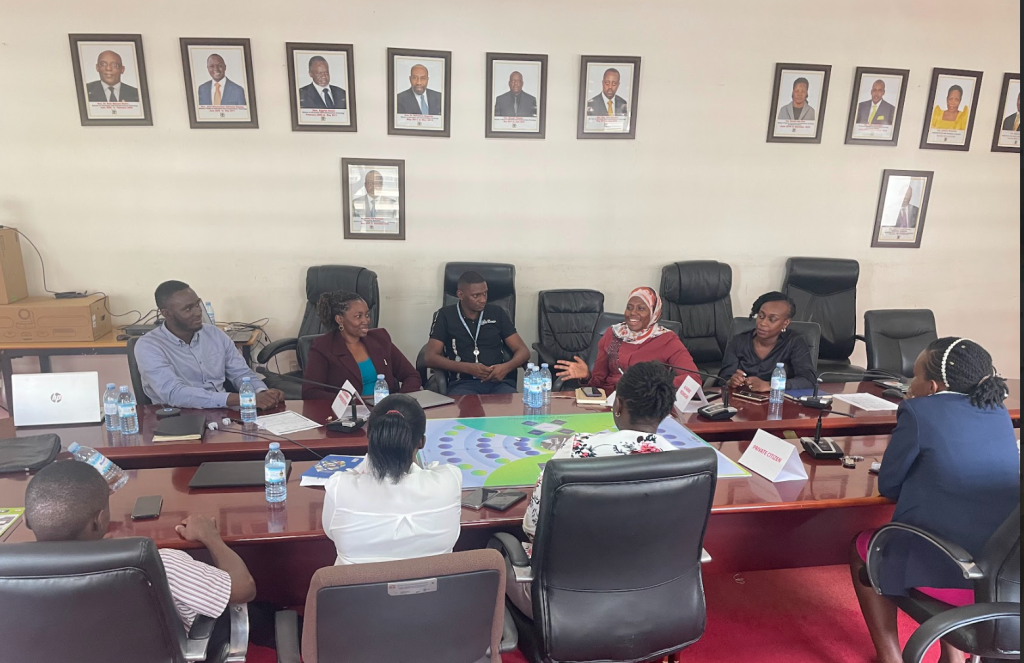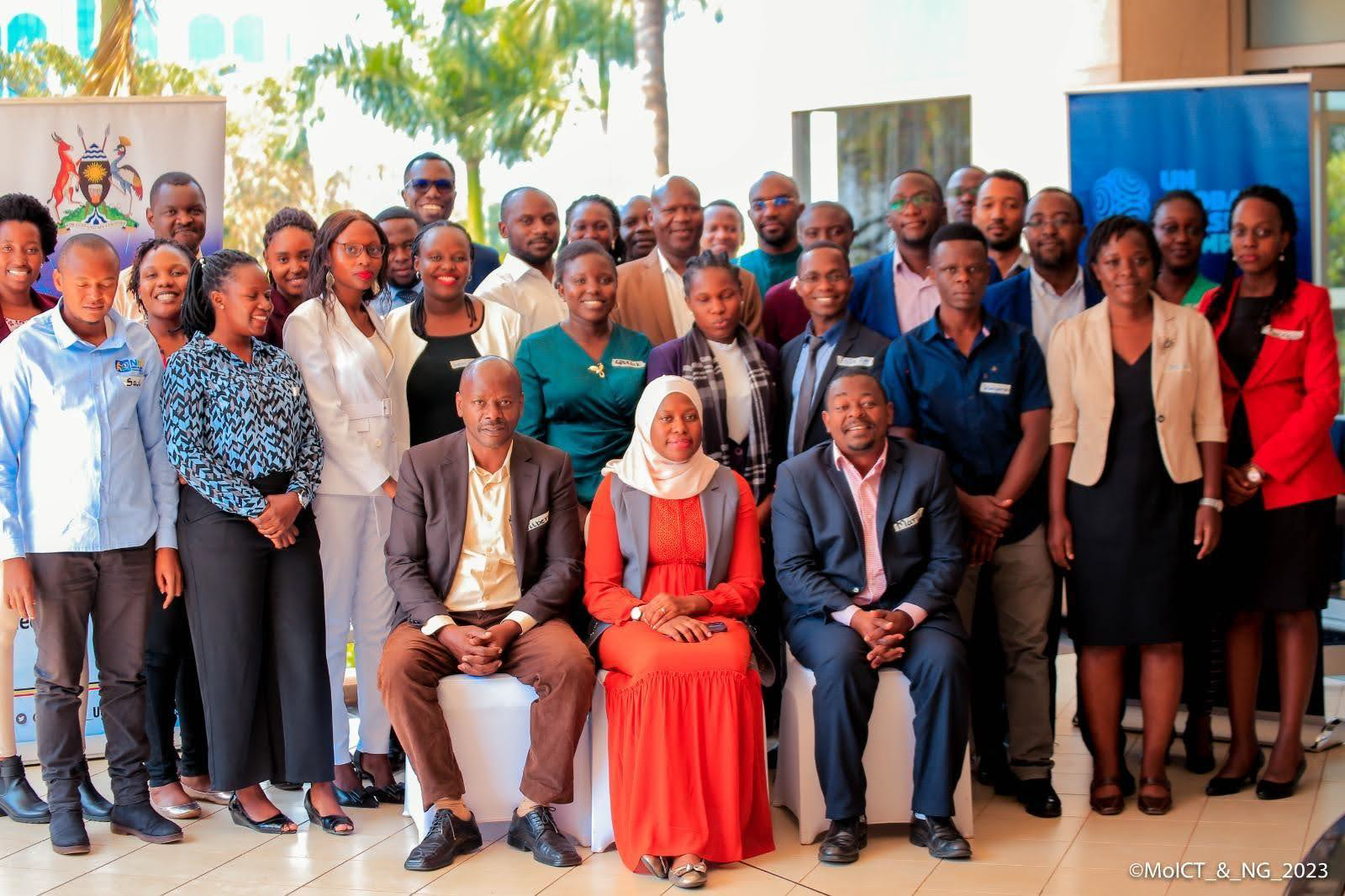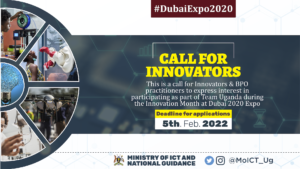Recognizing the transformative potential of data, the Ugandan government, led by the Ministry of Information and Communications Technology and National Guidance (MoICT & NG), embarked on developing a National Data Strategy. This initiative involved a collaborative eort that saw technical expertise and support provided by UN Global Pulse Uganda, and UNDP on the other hand as a scaling partner. The National Data Strategy aims to create a robust and inclusive data ecosystem that empowers all sectors to leverage data effectively.
The development process for the National Data Strategy employed a combination of conventional and non-conventional methodologies to ensure a comprehensive and participatory strategy. These approaches facilitated extensive consultations with representatives from government ministries, private sector entities, civil society organisations, and academia. Workshops, one-on-one discussions, and online surveys gathered diverse perspectives, identifying key challenges and opportunities within Uganda’s data landscape. Existing data sources were meticulously examined to understand data availability, quality, and accessibility across different sectors, providing a baseline assessment of the current data ecosystem and informing strategic recommendations.
Key activities in the National Data Strategy development process included a co-creation workshop in May 2023, where dierent stakeholders gathered to brainstorm and co-create a roadmap; then establish the foundations, that is to say: vision, mission, and guiding principles — for the data strategy. The MoICT & NG consulted with key stakeholders to obtain buy-in for the proposed roadmap, followed by an environmental analysis from October 2023 to January 2024. This analysis involved data collection through interviews and surveys across various stakeholder groups within the Ugandan data ecosystem — at national and sub-regional level — then desktop reviews of reports, journals, and data governance-related materials complemented the process.
The findings of the environmental analysis were presented to stakeholders for validation and refinement in a workshop held in January 2024. Based on the validated environmental analysis, a draft National Data Strategy was formulated during a three-day workshop in Jinja in February 2024. The draft NDS was then presented to key stakeholders for further refinement in March 2024, with the final draft yet to be validated.
To encourage creative thinking and ensure a future-oriented strategy, non-conventional methodologies were also employed. Participatory approaches, such as focus group discussions and scenario exploration workshops, actively engaged stakeholders in envisioning the desired future state of Uganda’s data ecosystem. This fostered a sense of ownership and ensured the National Data Strategy reflected the needs and aspirations of various data users.
Scenario exploration, a powerful foresight technique, was gamified in approach—setting it out to explore possible future scenarios based on potential trends in data generation, technology advancements, and policy changes. By considering dierent possibilities, the National Data Strategy is therefore equipped to adapt to a dynamic data environment.
With a case in point, scenario exploration presented two contrasting scenarios: “Enhanced Lives: A Success Story” and “Tech-Utilitarianism: Lost Control and Missed Opportunities.” The former depicted a future where the National Data Strategy ushers in a data-driven transformation, leading to a thriving economy, improved public services, and environmental leadership. The latter presented a cautionary tale of unchecked AI dominance and data exploitation by powerful conglomerates, resulting in a society with eroded privacy, stifled innovation, and environmental degradation.
These scenarios helped stakeholders anticipate both positive and negative consequences of data-driven development, facilitating the creation of a strategy that promotes responsible data use, fosters innovation, and mitigates potential risks.
After exploring the game, most participants would appreciate the need for flexibility and adaptability, incorporating mechanisms for ongoing monitoring, evaluation, and potential adjustments to stay relevant in a dynamic data environment. Additionally, the scenarios highlighted the importance of bridging the digital divide and ensuring all citizens benefit from the data revolution, promoting digital literacy and equitable access to data resources.

Recognizing the innovative approach, Dr. Aminah Zawedde, the Permanent Secretary to the Ministry of ICT & National Guidance, and a key pillar in the development of the National Data Strategy, hosted a special session of the scenario exploration game at the Ministry oces. She commended the potential to spark productive dialogue and incorporate diverse stakeholder voices, including the public—who acted as the overseer or observer to the decisions made as participants explore the game. It would only be fair to say that her enthusiastic endorsement of this method highlighted her commitment to a data strategy informed by a wider range of perspectives.
On the other hand, while still in the development stages, benchmarking exercises were conducted with Nigeria, the first African nation to successfully develop a national data strategy. Through these conversations, valuable insights were gained, allowing Uganda to adapt and improve its data strategy based on best practices.
Having leveraged valuable insights from these conventional and non conventional methodologies, — we are currently in the pre-validation stage. The upcoming publication of our situation analysis will provide a critical foundation for moving forward, illuminating Uganda’s current data landscape, pinpointing strengths and areas for improvement. With this roadmap in hand, we can confidently enter the next phase.




